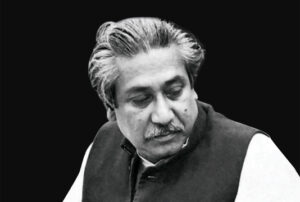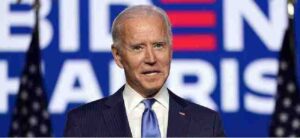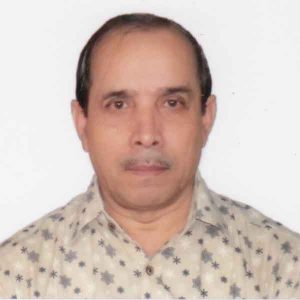After talking tough for months both the government and the combined opposition under the banner of Jatiya Jukta Front (National United Front) in Bangladesh have agreed to a political dialogue on Thursday, November 1, to facilitate the holding of the next general elections. Early this week the opposition sent a letter to Prime Minister Sheikh Hasina demanding dialogue to end the impasse prevailing in the political arena of the country since 2014 following the passage of the Constitution 15th Amendment Act that has done away with the provision of election under a caretaker government. The Prime Minister has responded positively to the demand and has invited the Jatiya Jukta Front led by Gono Forum president Dr Kamal Hossain to a dialogue on Thursday, November 1 at 7 pm. The opposition leaders have also been requested to have dinner. Seeing the move former President and chief of Bikalpa Dhara Bangladesh Prof. Badruddoza Chowdhury, who for some reasons, is now out of the opposition front, has also sent a letter to the Prime Minister for a dialogue. He had been active in doing the spadework for the united opposition front. The people and the civil society of Bangladesh very eagerly await a successful outcome of the initiative as an aura of intolerance has vitiated not only politics but also other aspects of life in the society. The tasks before the two sides are tough but not insurmountable. The opposition wants election under a non-partisan election-time government which was a constitutional provision before the 2014 election. After the passage of the 15th Amendment Act, the 2014 election was held under the government in power by keeping Parliament alive. It was on this point that the entire opposition including even the Ershad faction of the Jatiya Party had boycotted those polls. The main opposition Bangladesh Nationalist Party challenged the continuity of the government formed after that election by calling a programme of a countrywide blockade at the government’s first anniversary from January 5, 2015. The strong movement initially paralysed the country but was derailed by violence that the government blames on the BNP. And for this hundreds of BNP leaders including its chairperson Begum Khaleda Zia face arson cases across the country. The BNP, on the other hand, blames elements allegedly engaged by the ruling party for the violence including setting fire to passenger buses that led to the tragic deaths of many innocent people. The demand for election under an election-time government after the dissolution of Parliament continues to be the prime demand of all opposition parties except the Jatiya Party which has shared a role in the government as well as functioned as the opposition in Parliament during the last five years. Just before the dialogue, the prime demand of the Jatiya Jukta Front is the release of BNP chief Begum Khaleda Zia who has been handed punishment in quick succession under two graft cases filed during the last military-backed caretaker government of 2007-08 and other political leaders from jail.
Apart from these main two demands, the opposition is also strongly protesting the recently passed Digital Security Act for its stringent penal provisions on the ground that it would stifle press freedom and freedom of expression – a sine qua non for democracy and human rights. The government insists that the law is meant for punishing those who abuse the digital space, and honest journalists airing factual stories have nothing to fear. But neither the journalist community nor the opposition political parties have conceded this point and continue to be in a movement against the law. The opposition political parties also want independence of the judiciary that in their view has been put under the control of politicians through the passage of the Constitution 16th Amendment Act under which Judges of the Supreme Court and people holding positions of equivalent status can be removed by Parliament on grounds of illness or physical incapacity. It was on this issue that a rift had developed between the higher judiciary led by former Chief Justice SK Sinha and the executive branch of the government as the apex court in a judgment set aside the 16th Amendment Act. In the end, Justice Sinha resigned and is now living in the United States. The government is telling the people that they are for continuity of development activities and thus seeks their vote for remaining in power for another term. The eminent leaders of the government have also aired messages that the golden jubilee of Bangladesh’s independence which is only several years away from now, could only be properly observed by them as they lead the pro-liberation force. The anti-liberation forces would not properly celebrate the golden jubilee of Bangladesh’s liberation, they say.
Against this backdrop, the work before the dialogue looks quite heavy but not impossible to accomplish. That the two sides have agreed to talk can be seen as the start of melting of the ice. The political leaders should carry this further. The two sides should accept and tolerate each other’s existence in the society as equals, and mutually respect each other. If this is upheld the settlement of the opposition demands on the basis of mutual accommodation in the greater interest of the people would become easier. The fear of vengeance following success or failure in the upcoming election can be tacked by switching on the aura of mutual trust confidence and respect on which democracy is based and sustained. The people, the politicians are pledge-bound to serve, do not want to be under a cloud of mistrust and crisis of confidence which is bound to destroy the vital values on which our society is based. We want to see our politicians succeed to surge ahead and give the people a respite by upholding the fundamental principles of democracy and the invaluable core societal values that the people love to cherish. – 31 October 2018.




